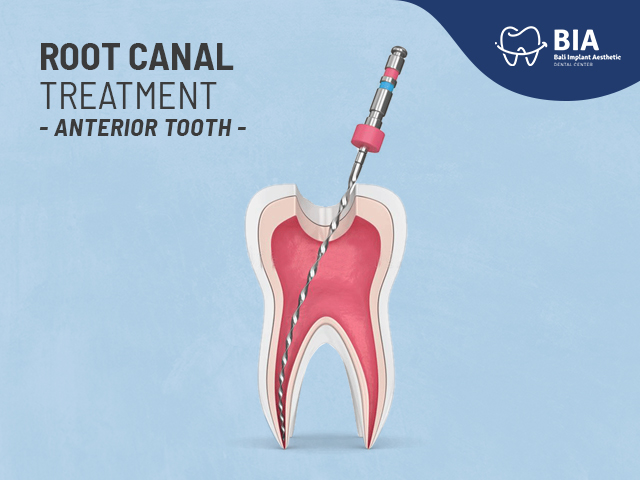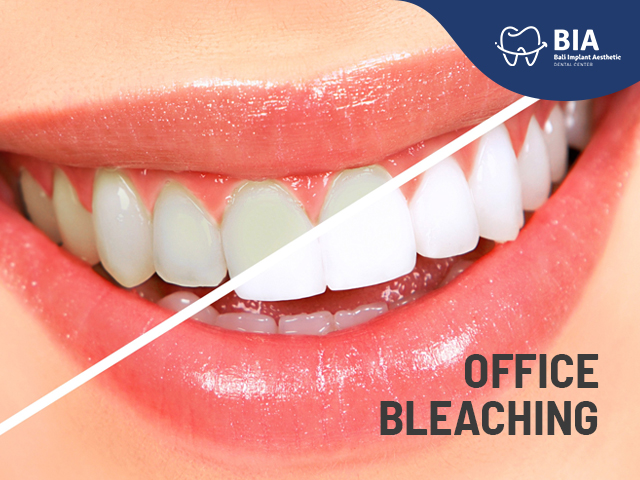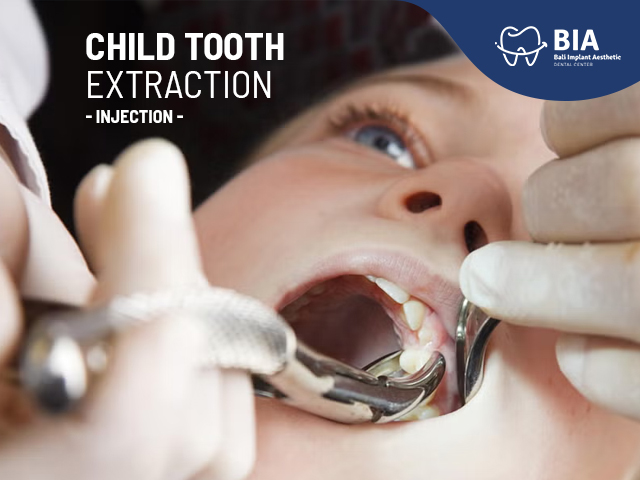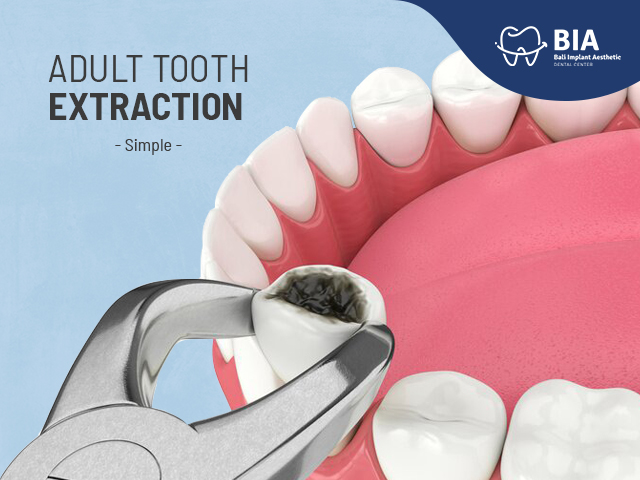Relationship between Oral Health and the Severity of COVID-19 Complications
Article | 2020-07-20 03:01:02
Home » Articles » Relationship between Oral Health and the Severity of COVID-19 Complications
Relationship between Oral Health and the Severity of COVID-19 Complications
Most patients with severe complications from COVID-19 have underlying conditions such as obesity, diabetes, and hypertension. There is also evidence of an association between periodontitis and non-oral systemic disease. The oral cavity is also a gathering place for bacteria that are harmful to the respiratory tract, and patients with periodontal disease are at greater risk of developing hospital-acquired pneumonia than healthy people.
The new SARS-CoV-2 Coronavirus was first detected in late 2019 and quickly developed into a global pandemic. Age is one of the highest risk factors for experiencing severe symptoms of COVID-19 or a disease caused by infection with SARS-CoV-2. Thus, individuals over the age of 65 and those who live in long-term health facilities are highly vulnerable to morbidity and mortality due to SARS-CoV-2 infection. However, people with chronic lung disease, moderate to severe asthma, severe obesity, diabetes, chronic kidney disease, and liver disease are also at high risk for severe symptoms of COVID-19. A recent study included the conditions of hypertension, obesity, and diabetes as three main conditions that underlie poor conditions in COVID-19 patients who require hospitalization.
While COVID-19 can affect many organs in the body, including the kidneys and liver, the main cause of death is due to the ability of SARS-CoV-2 to infect the respiratory tract, which causes severe pneumonia. Patients with COVID-19 show symptoms of fever, cough, shortness of breath, and other complications associated with acute respiratory distress syndrome.
Oral health and non-oral systemic diseases
Over the past few years, it has been proven that oral health has a large impact on general health. Several studies have shown that cytokines or microbial products released systemically in response to oral infections cause inflammation of the body's organs far from the mouth, which increases the development of systemic diseases such as Alzheimer's disease, diabetes, atherosclerotic heart disease and cerebrovascular disease. Research also shows that poor oral health can increase complications of systemic diseases such as diabetes, chronic kidney disease and liver disease. In contrast, obesity affects individuals against oral diseases, especially gum inflammation and periodontitis.
In addition, the oral cavity is a gathering place for bacteria harmful to the respiratory tract, including Chlamydia pneumoniae; and patients with periodontal disease are more likely to suffer hospital-acquired pneumonia as a complication. Several mechanisms can explain the ability of oral pathogens to exacerbate lung infections, including inhalation of bacteria into the lower respiratory tract, especially in high-risk individuals; changes in the surface of the mucosa along the respiratory tract by salivary enzymes, thereby facilitating the colonization of harmful bacteria. Improving oral hygiene can reduce oropharyngeal colonization and risk of respiratory complications.
It has been proven that improving oral hygiene and frequent oral health care by dental professionals reduces the development or occurrence of respiratory diseases, especially in the elderly population and those in intensive care units. This population is also most at risk of developing serious complications associated with COVID-19.
Conclusion
Older adults and people of all ages who have serious medical conditions such as chronic lung disease, diabetes, heart conditions or chronic kidney disease are at high risk for severe illness due to SARS-CoV-2 infection. At the same time, poor oral health increases the risk of suffering from this medical condition. Therefore, improving oral health in people of all ages, by reducing the risk of developing non-oral systemic disease, can reduce the risk of COVID-19 disease. Although the relationship between oral health and the severity of COVID-19 symptoms seems logical, more research is needed to show this relationship empirically.
Always consult your dental and oral health problems with the best dentists and dental clinics in Bali.
BIA Dental Center
Jl. Sunset Road No.86A, Seminyak, Badung, Bali Indonesia 80361.
+6282139396161
Source:
Liu YC, Kuo RL, Shih SR. COVID-19: the first documentedcoronavirus pandemic in history. Biomed J 2020. in press.
Zhou F, Yu T, Du R, Fan G, Liu Y, Liu Z, et al. Clinical courseand risk factors for mortality of adult inpatients with COVID-19 in Wuhan, China: a retrospective cohort study. Lancet2020;395:1054e62.
Richardson S, Hirsch JS, Narasimhan M, Crawford JM,McGinn T, Davidson KW, et al. Presenting characteristics,comorbidities, and outcomes among 5700 patientshospitalized with COVID-19 in the New York city area. JAMA2020.
Li MY, Li L, Zhang Y, Wang XS. Expression of the SARS-CoV-2cell receptor gene ACE2 in a wide variety of human tissues.Infect Dis Poverty 2020;9:45.
Kissling S, Pruijm M. [COVID-19 from the nephrologist's pointof view]. Rev Med Suisse 2020;16:842e4.
Ren LL, Wang YM, Wu ZQ, Xiang ZC, Guo L, Xu T, et al.Identification of a novel coronavirus causing severepneumonia in human: a descriptive study. Chin Med J2020;133:1015e24.
Chen J. Pathogenicity and transmissibility of 2019-nCoV-Aquick overview and comparison with other emergingviruses. Microb Infect 2020;22:69e71.
Li JY, You Z, Wang Q, Zhou ZJ, Qiu Y, Luo R, et al. Theepidemic of 2019-novel-coronavirus (2019-nCoV) pneumonia and insights for emerging infectious diseases in the future.Microb Infect 2020;22:80e5.
Pedersen SF, Ho YC. SARS-CoV-2: a storm is raging. J ClinInvest 2020;130:2202e5.
Tian S, Hu W, Niu L, Liu H, Xu H, Xiao SY. Pulmonarypathology of early-phase 2019 novel coronavirus (COVID-19)pneumonia in two patients with lung cancer. J Thorac Oncol2020;15:700e4.
Bui FQ, Almeida-da-Silva CLC, Huynh B, Trinh A, Liu J,Woodward J, et al. Association between periodontalpathogens and systemic disease. Biomed J 2019;42:27e35.
Wu Z, Nakanishi H. Connection between periodontitis andAlzheimer's disease: possible roles of microglia andleptomeningeal cells. J Pharmacol Sci 2014;126:8e13.
Jepsen S, Stadlinger B, Terheyden H, Sanz M. Sciencetransfer: oral health and general health - the links betweenperiodontitis, atherosclerosis and diabetes. J Clin Periodontol2015;42:1071e3.
Khumaedi AI, Purnamasari D, Wijaya IP, Soeroso Y. Therelationship of diabetes, periodontitis and cardiovasculardisease. Diabetes Metab Syndr 2019;13:1675e8.
Ghezzi EM, Ship JA. Systemic diseases and their treatmentsin the elderly: impact on oral health. J Publ Health Dent2000;60:289e96.
Han P, Sun D, Yang J. Interaction between periodontitis andliver diseases. Biomed Rep 2016;5:267e76.
Goodson JM. Disease reciprocity between gingivitis andobesity. J Periodontol 2020.Q4
Scannapieco FA. Role of oral bacteria in respiratory infection.J Periodontol 1999;70:793e802.
Scannapieco FA. Pneumonia in nonambulatory patients. Therole of oral bacteria and oral hygiene. J Am Dent Assoc2006;137(Suppl). 21S-5S.
Almeida-da-Silva CLC, Alpagot T, Zhu Y, Lee SS, Roberts BP,Hung SC, et al. Chlamydia pneumoniae is present in thedental plaque of periodontitis patients and stimulates aninflammatory response in gingival epithelial cells. MicrobCell 2019;6:197e208.
Gomes-Filho IS, Passos JS, Seixas da Cruz S. Respiratorydisease and the role of oral bacteria. J Oral Microbiol 2010;2.
Varanat M, Haase EM, Kay JG, Scannapieco FA. Activation ofthe TREM-1 pathway in human monocytes by periodontalpathogens and oral commensal bacteria. Molecular oralmicrobiology 2017;32:275e87.
Azarpazhooh A, Leake JL. Systematic review of theassociation between respiratory diseases and oral health. JPeriodontol 2006;77:1465e82.
Boccardi V, Ruggiero C, Mecocci P. COVID-19: a geriatricemergency. Geriatrics 2020;5.
Swiss Academy Of Medical S. COVID-19 pandemic: triage forintensive-care treatment under resource scarcity. Swiss MedWkly 2020;150:w20229.




